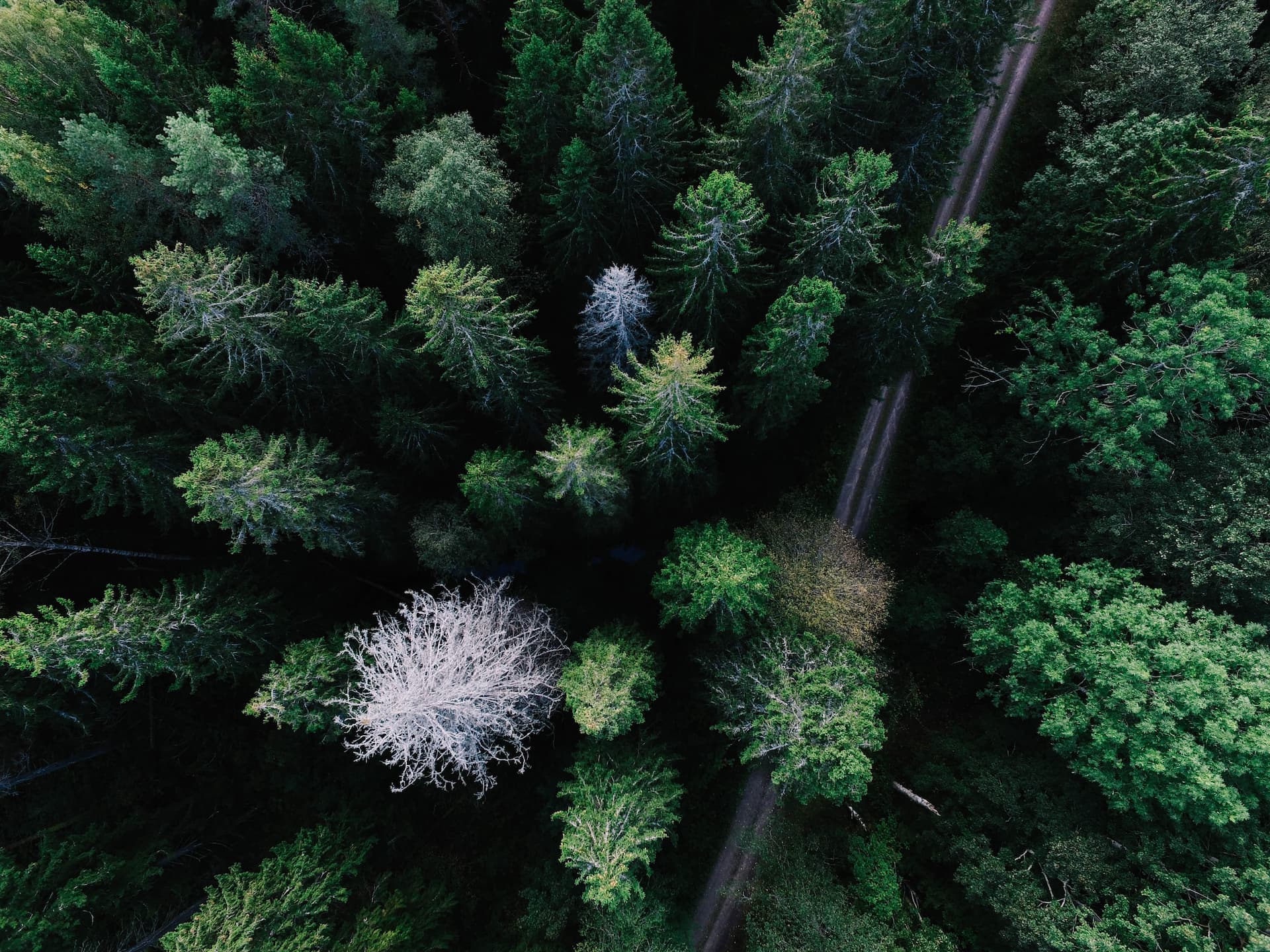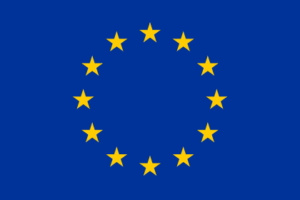Authors: Andrew Collins, Krista Doersch, Laura Herszenhorn, Rebecca Johnson, Clea Matson, and Alison Young
California Academy of Sciences – CITIZEN SCIENCE TOOLKIT
https://www.calacademy.org/educators/citizen-science-toolkit
Observing
All scientific progress begins with observation. Citizen science offers students the chance to recognize the importance of looking closely, slowing down to notice details, identifying patterns, and making connections. Because many citizen science projects rely on the ability to discern differences among similar-looking objects or organisms, students naturally train their eyes to recognize important features. Whether they identify ladybugs in the park or record different types of clouds, citizen scientists use their observational skills to amass critical data points that inform authentic research.
Questioning
As they make observations and gather data, students can be guided to think critically about their findings and begin to ask questions. For example, in searching for the sixteen focal species of the Celebrate Urban Birds project, students may wonder why they find an abundance of pigeons in their schoolyard but very few pelicans. They might develop a hypothesis and design a testable question to determine reasons for this. As always, additional observations will answer some questions, while raising new ones. Through citizen science, students will learn firsthand that science is not a linear process, and that questions and hypotheses may arise and be revised over and over again.
Planning
To successfully participate in a citizen science project, the class will need a realistic, comprehensive plan. Will students work individually or in groups? How will they collect and record their data? Putting the power of decision-making into the hands of the students will allow them to take ownership of their experience and feel empowered to troubleshoot obstacles. Citizen science projects also provide the opportunity to explore different data collection methods by considering what information is necessary to answer the question at hand. For example, how will they determine how much data to collect? What kind of information is most relevant? This is a chance to discuss how students can make sure their data are accurate, and what evidence would allow them to defend their findings.
Analyzing
Through citizen science, students can learn how to analyze, interpret, and critically extract meaning from information. A strong command of how to examine data will allow students to support or challenge hypotheses, defend scientific conclusions, and develop an understanding of how science can inform everyday choices. Whether students collect their own data or mine data contributed by others, they will have the opportunity to explore multiple perspectives, employ logical reasoning, and build understanding from evidence.
Communicating
The power of scientific discovery rests on its ability to impact scientific understanding, public policy, and social culture. To garner support and foster change, scientists must communicate the implications of their findings in a clear and effective manner. Once students analyze and interpret their data, they can begin to construct scientific arguments and share them with classmates, family members, community members, and even local policy makers
User Type
- Teacher/school
Resource type
Research Field



